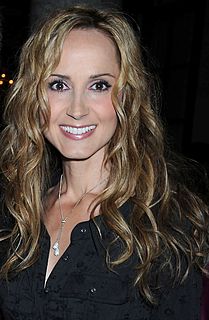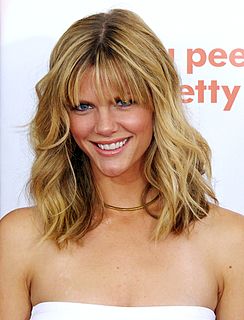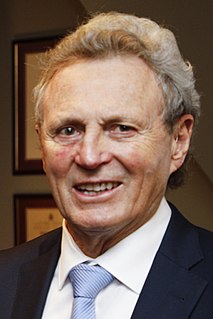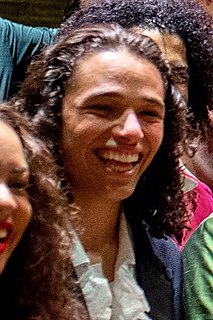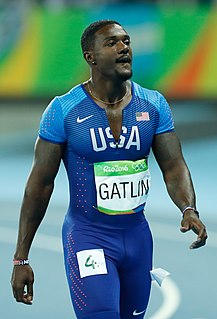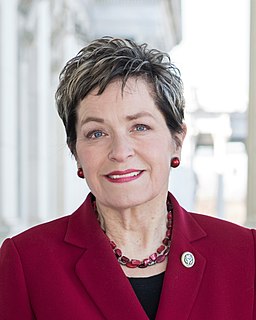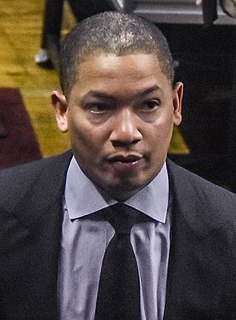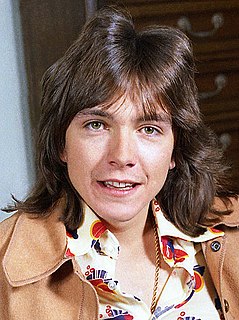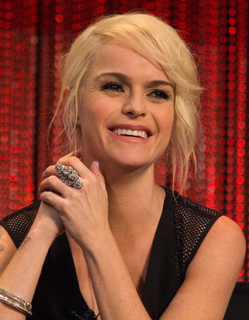A Quote by Chely Wright
I grew up in a very modest house. We were poor-we lived on the poverty level. We all got jobs as young kids.
Related Quotes
Over the years, as I lived in low-income housing, collected government assistance, and lived well under the poverty level as I put myself through college, the comments people made about poor people started to sting. The poor are dirty. Hoarders. Their houses are a mess. Their kids are wild, untamed, and feral-looking.
We lived in a very modest house. My father drove modest cars, we didn't travel, we didn't do any of the things that, were commensurate with the kind of income that he was making. So we got this kind of, double message, which was, y'know, "You work hard and you make as much money as you possibly can, but you don't spend any money." And you see how well I learned that lesson.
One of the most durable successes of the war on poverty was to dramatically reduce the number of elderly poor in America. That's still true today. But, by contrast, child poverty has shot up over the last few years: A decade ago, about 16 percent of children in America were poor - which is a shockingly high percentage. But it's not as shocking as today, when we see that 22 percent of kids live in poverty.
Being broke and poor - I mean, you grow up in the environment I grew up in, grew up hard and grew up poor. Your mom doesn't have a car until you make it to the NBA... no telephone. So, I mean, if you grow up like that, and you're able to make it to this level and be blessed the way I've been blessed, it's always great to give back.
